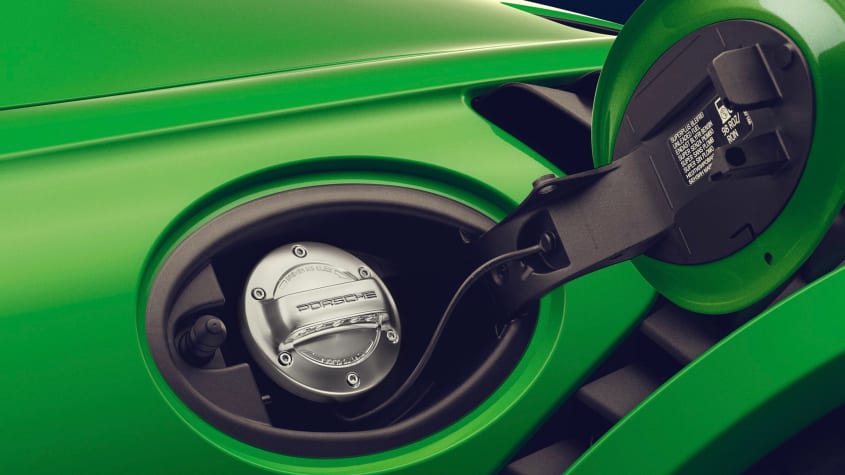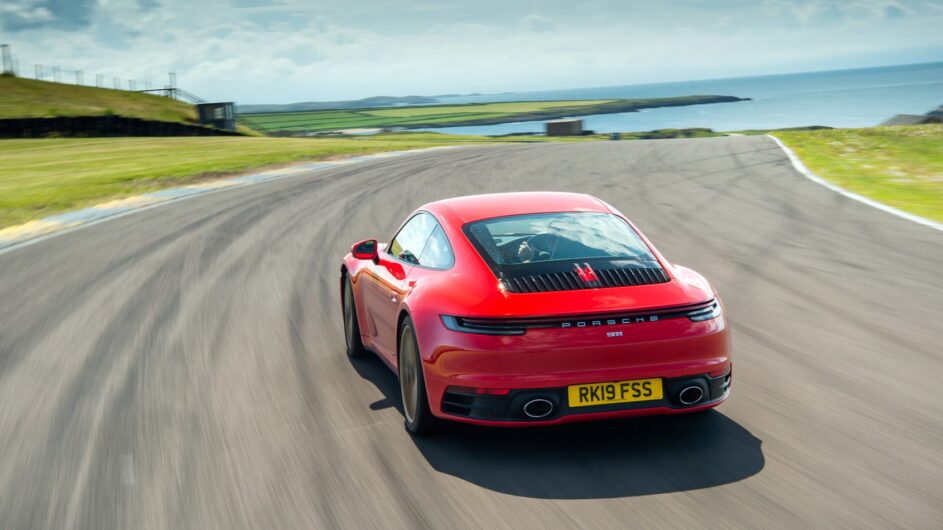Porsche to invests in manufacture of carbon neutral fuels

Porsche has partnered with Siemens Energy in the development and production of sustainable eFuels, a non fossil fuel alternative to traditional petrol. While progress towards a wider adoption of electrification is taking centre stage in our transferral to a more sustainable future of mobility, sustainable fuels are also part of the answer to the energy crisis we currently face.
The partnership between Porsche and Siemens Energy entails the construction of a new eFuel manufacturing facility, which will be tasked to produce renewable fuels for exclusive use by Porsche. Applications will include Porsche’s motorsport activities, its global Driver Experience centres and eventually sale to private owners.
An initial pilot program is projected to yield 130,000 litres in 2022, with the plant expected to quickly ramp up production to 55 million litres by 2024, and 550 million by 2026.
The production facility will be located in Chile, positioned there for its consistent and ready access to a key part of eFuel’s green credentials. With power for the facility drawn entirely from wind energy, this is then used in the production of this form of eFuel. The technology produces fuel by first splitting hydrogen from oxygen in water, which when combined with isolated CO2 taken from the air creates a synthetic methanol.

This methanol is then able to be converted into a variety of different fuels via a methane-to-gasoline process (MTG), in this case sustainably producing a synthetic petrol for use in internal combustion engines.
While the technology is not new, it is the first example of an integrated commercial-scale application of eFuels that will be produced specifically for a paying user at the end of the production stream.
Why is this important? Electromobility might represent a large part of a sustainable future, but the ability to create fuel which works within our current infrastructure will be a vital part of softening the transition to it. While cars burning the fuel won’t stop releasing CO2 into the atmosphere, it’s counteracted by the inherent absorption of CO2 in the process of manufacturing the fuel in the first place. It’s a topic John Barker discussed in more detail in here.
While there is no simple answer to the many problems facing the climate crisis, the ability to run combustion-engined performance cars that have either a greatly reduced, or one day perhaps completely neutral carbon footprint could keep them a viable option to keep on our roads alongside the widespread adoption of electrification.
This article originally appeared at evo.co.uk
Copyright © evo UK, Dennis Publishing



